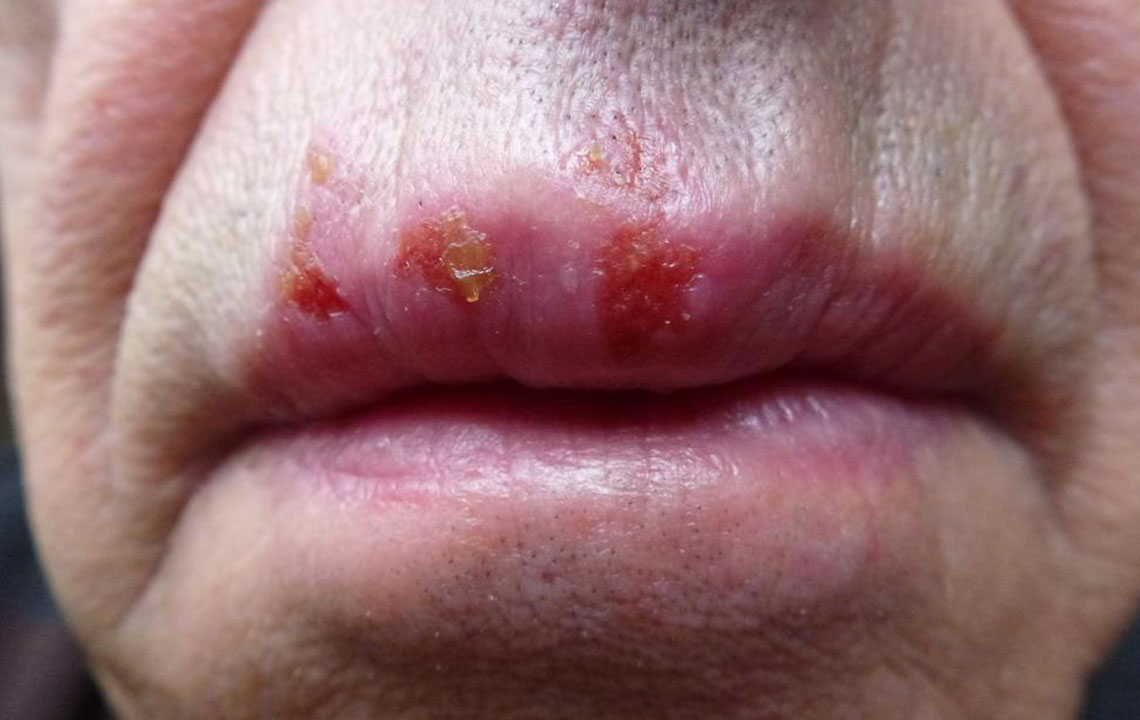Common Misconceptions About Herpes Debunked
This article clarifies common myths about herpes, providing factual insights on transmission, symptoms, and management. It emphasizes the importance of consulting healthcare professionals for accurate diagnosis and dispels misconceptions that may lead to unnecessary stigma. Understanding the truth about herpes can help reduce fear and promote informed health decisions.

Herpes is often surrounded by misconceptions that can lead to confusion and stigma. Many people underestimate or misunderstand the facts about this common viral condition. To clear up some of the most widespread myths, here are the truths about herpes. Keep reading for accurate information.
Myth 1: Herpetic rashes are permanent
False. Rashes from herpes typically fade over time and are not a lifelong symptom of the infection.
Myth 2: You can contract herpes from a toilet seat
Not true. The herpes virus cannot survive long outside the body, making transmission via toilet seats highly unlikely.
Myth 3: If a partner has herpes, they are promiscuous
This is a misconception. Many people carry the virus unknowingly, and it can activate later without daily risk behaviors.
Myth 4: Herpes sufferers cannot donate blood
Incorrect. Individuals with oral or genital herpes may donate blood if they are asymptomatic and healthy.
Myth 5: Herpes prevents sexual activity
Herpes doesn’t have to stop your sex life. With proper management and precautions, consensual intimacy is possible during and after outbreaks.
Myth 6: Oral herpes can’t be contracted through oral sex
False. Oral herpes can be transmitted via saliva during oral sex, so caution is advised.
Myth 7: Herpes symptoms are always obvious
Many infected individuals are unaware of their status, as outbreaks can be mild or absent. Testing is the only definitive method for diagnosis.
Dispelling these myths is important for understanding herpes better. Always consult healthcare professionals for accurate diagnosis and advice instead of relying on myths.










